10 Shows That Were Saved After Cancellation
Some of the shows that survived cancellation include Baywatch, Community, and Lucifer.
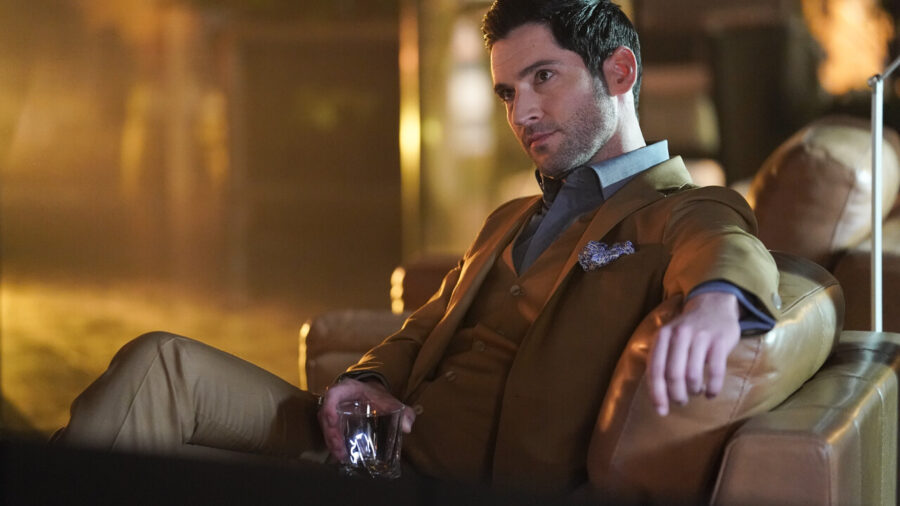
A show being canceled was, until fairly recently, a death sentence. Some fantastic shows, from Firefly to Sports Night, were dismissed before they could find an audience, but the ones on this list managed to come roaring back and finish strong on their own terms. The advent of streaming services has helped, but equally as important is one particular network that’s mentioned over and over again has become a lot better at judging programs on their own merits.
There are even a few that might be a surprise, that’s how quick the turnaround was from cancelation to being saved, with one on this list having set a record in the process.
10. Family Guy
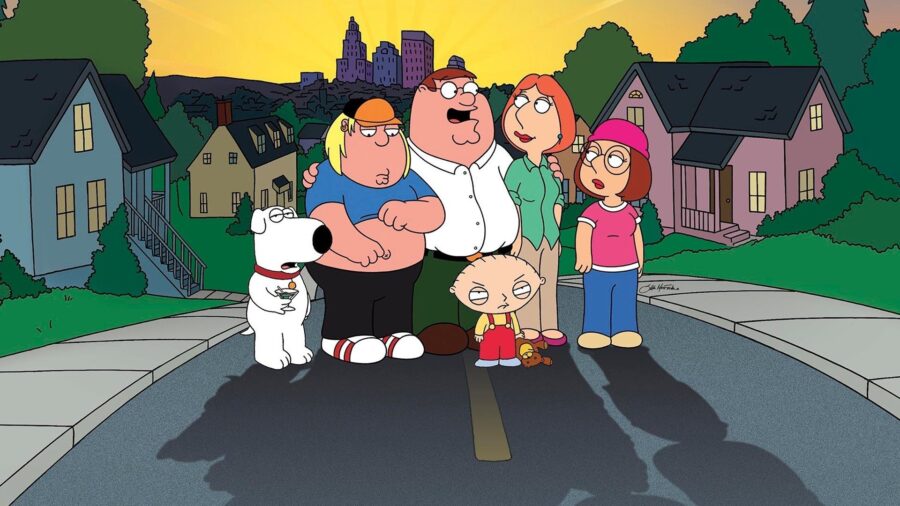
It’s hard to remember now, but FOX canceled Family Guy after only three seasons in 2002. Unable to secure an audience large enough for the executives, the animated sitcom came roaring back following a few years of very strong DVD sales. One of the first shows to be brought back due to overwhelming fan demand and the power of the nascent internet at the time, Seth McFarlane’s flagship show has been on the air for every year since, with Season 22 arriving in the Fall.
The experience FOX had with Family Guy made it possible for canceled shows to find a second life, influencing most of the other shows on this list. None has lasted 19 seasons in their comeback, like the most dysfunctional family from Quahog, making this the most successful comeback in television history.
9. Longmire
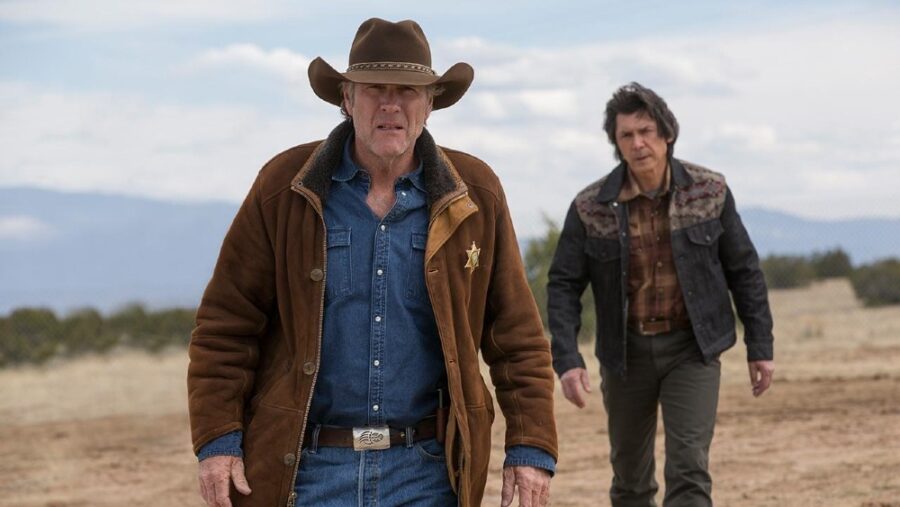
Longmire was laser-focused on a specific audience, the television viewer that wanted a throwback show about a sheriff solving crimes in the West, and it had a great audience during its initial run on A&E, becoming the network’s top-rated debut of all time. The problem with the series was that by the time its Season 3 finale aired, the audience was down to 3.7 million viewers, 16 percent from the previous year. In one of the earliest examples of streaming coming to the rescue, Netflix swooped in and rescued the show for an additional three seasons, finally ending in 2017.
Set in Wyoming and focused on Walt Longmire, played by Robert Taylor, the series was praised at the time for how it incorporated reservation life through Lou Diamond Phillips’s character, Henry Standing Bear. Navigating small-town politics along with the Cheyenne police force and with frequent side plots focused on his own past, Taylor primed the future Yellowstone audience with his work as Longmire. Also of note is Katee Sackhoff in her first major role after becoming a star through Battlestar Galactica, playing a Philadelphia detective that was a fish out of water for the first few seasons.
8. Baywatch
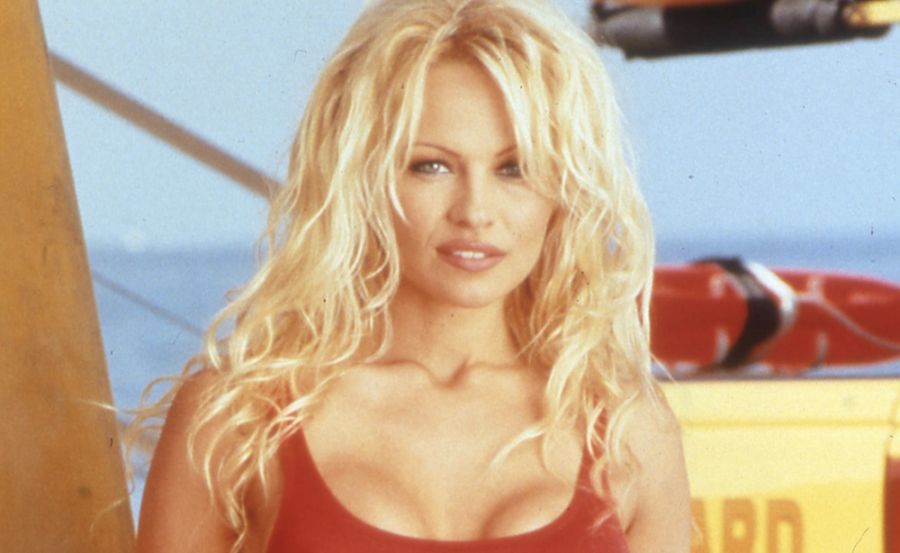
Before the worldwide phenomenon set records as the most-watched show in history, NBC canceled Baywatch after only one season. The show brought in poor ratings during the 1989-1990 season and was also costly to produce, but it was saved because David Hasselhoff thought the show had potential and actively re-tooled it for the syndication market. In the world before streaming, syndication was how most shows made their money, getting pitched to regional networks and filling in time before the major network broadcasts each night during primetime.
It’s hard to imagine that Baywatch, a campy series about lifeguards, would go on to set records, but then again, it did feature Pamela Anderson, Carmen Electra, and The Hoff in slow-motion running sequences at least once an episode. As with Family Guy, it’s hard to imagine a network letting the show go, and today, it’s impossible to underestimate the cultural impact it had.
7. Nashville
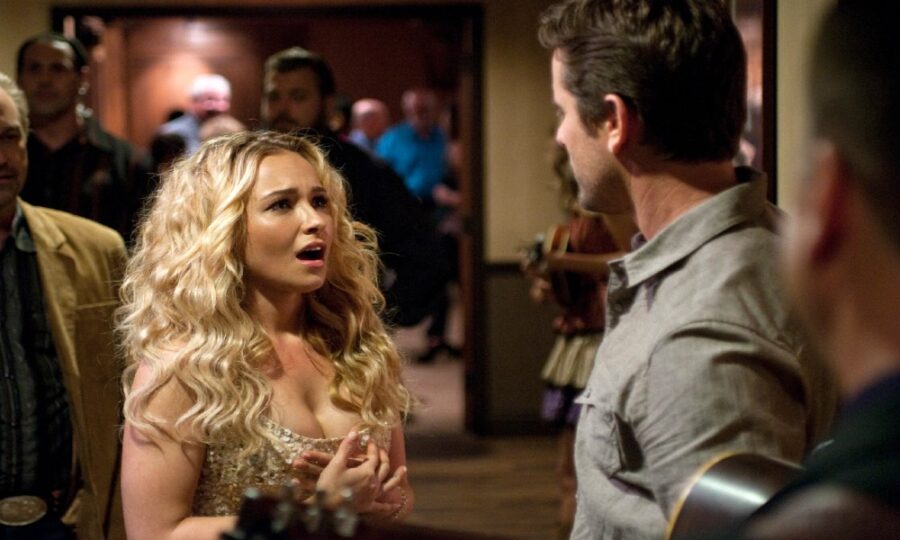
Nashville, starring Connie Britton and Hayden Paneterrie as feuding country stars trying to navigate the music business as one star is fading and another is rising, and as with most of these shows, it debuted strong with nearly 9 million viewers on ABC. Every season had a decrease in viewers, reaching 4.91 million for Season 4 when ABC announced the show’s cancelation. CMT (Country Music Television) stepped up and rescued the show, airing it for two more seasons before eventually getting out of the scripted television business altogether and deciding to air cheap reality television instead.
In a case of mixed blessings, Nashville ending with Season 6 came just as the series seemed to be running out of ideas following Britton’s departure a year earlier. Though it wasn’t the first series to jump networks after a cancelation, it was one of the largest to ever do so, and with its unique focus on the country music scene, it still holds up today.
6. Designated Survivor
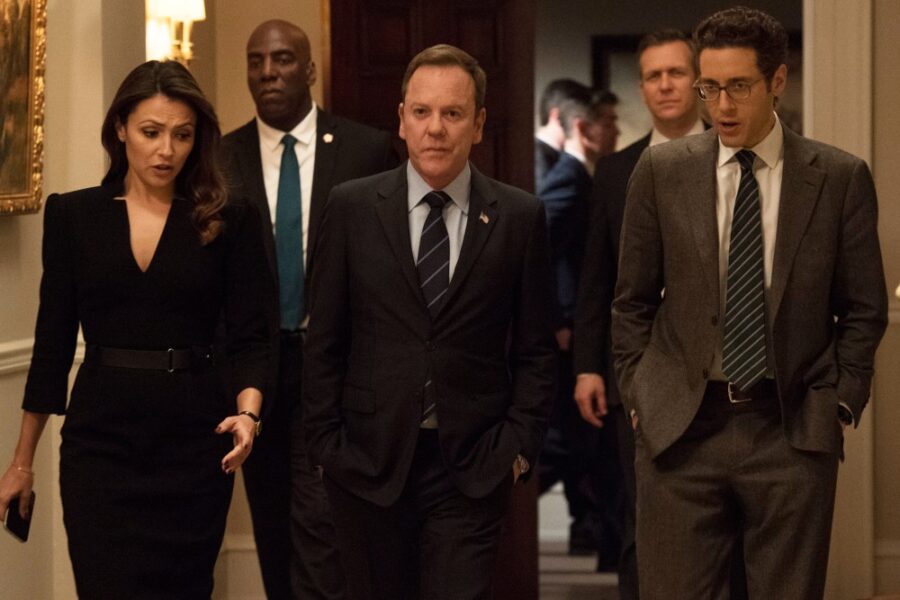
Part of the recent trend of shows being canceled by a network, in this case, ABC, and a streamer coming to the rescue, and again, it was Netflix, Designated Survivor was allowed to end with dignity after its second season cancelation. Starring Keifer Sutherland as President Kirkman, the former Housing and Urban Development Secretary who ascends to the highest office in the land following a terrorist attack, the show was a small success when it first debuted. Dinged by critics as being naive and with dialogue that lacks any sort of bite, the series never reached the heights of The West Wing or House of Cards.
With a strong supporting cast featuring Kal Penn, Maggie Q, and Adan Canto, Designated Survivor filled a niche in adult political thriller programming, and it brought Sutherland back to television following the cancelation of 24 (also for a second time).
5. Arrested Development
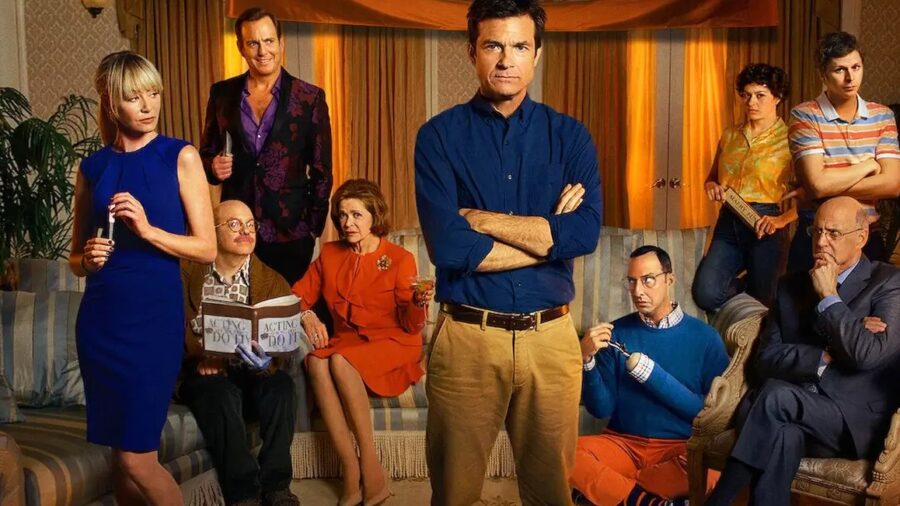
Arrested Development has the most troubled history of any show on this list, originally airing on FOX from 2003 to 2006 and developing a cult following for the dysfunctional Bluth family. Led by Jason Bateman, David Cross, Portia De Rossi, Michael Cera, and Will Arnett, the half-hour comedy was praised by critics but ignored by most of the general audience. Considered an underappreciated gem and one of the best shows no one watched by multiple publications, the revival was the result of a massive fan campaign and constant work on the part of the cast.
Netflix, again, brought Arrested Development back for two seasons, the first in 2013 and the last in 2018-2019 (it was split into two parts). Further complicating the legacy of the beleaguered comedy that kept finding new life, Netflix was set to remove it from streaming earlier this year before settling on a new deal, and now it will be the home of Jason Bateman’s best show until 2026.
4. Community
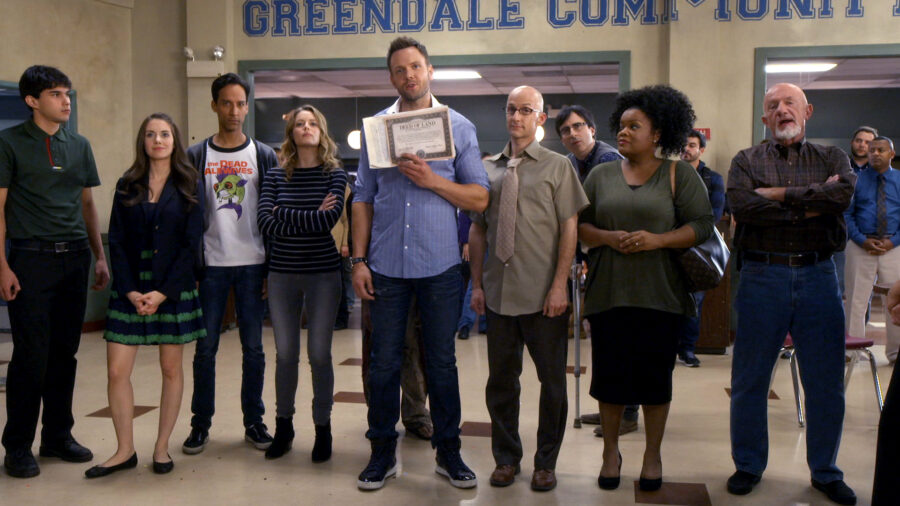
Speaking of underappreciated comedies that defied cancelation, Community fans used “six seasons and a movie” as a rallying cry for years, eventually willing it into being, with a movie in development right now on Peacock. Originally, the Joel McHale sitcom aired on NBC, centered on the character of Jeff, a lawyer that lied about his degree, but soon, it expanded and became an all-time great ensemble, giving rise to Danny Pudi, Donald Glover, Allison Brie, Yvette Nicole Brown, and Gillian Jacobs. After five seasons, four of which were developed under the supervision of showrunner Dan Harmon (and one which we don’t talk about), the show was canceled and then saved for a final season by the unlikeliest of companies: Yahoo.
Yahoo! Screen, a short-lived streaming service provided by the internet search engine, aired Season 6 of Community, which, again, was widely praised and loved by fans, even if the overall audience remained small. One of the few truly great cult classics of this century, the comedy that should have been off the air a long, long time ago overcame poor ratings to become one of the greatest shows in history.
3. The Expanse
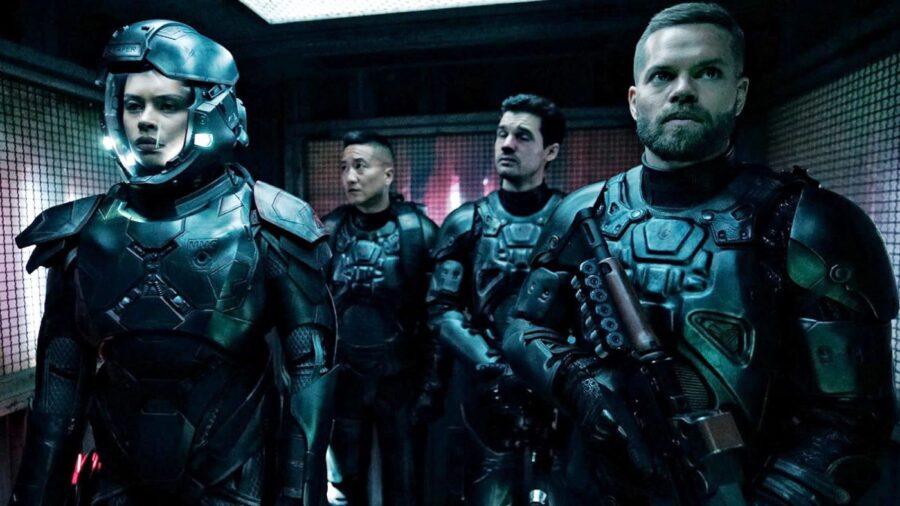
One of the smartest sci-fi shows ever created, The Expanse puts colonizing humans in the middle of a Cold War, which then escalates into a fight for survival on multiple fronts. Starring Thomas Jane, Steven Strait, Dominique Tipper, and Cas Anvar, the show was praised in its first season for treating its characters like real people and embracing the sheer sense of scale and wonder only possible through a hard sci-fi setting. Despite the critical acclaim, it was, again, as with others on this list, considered one of the “best shows you’re not watching,” and fought low ratings every season on SyFy.
Amazon stepped up and acquired the show for the last three seasons, where it quickly became one of the service’s most-watched shows. Even now, the authors of the books that the show is based on, Daniel Abraham and Ty Franck, are continuing to expand the universe, releasing a tie-in comic book while floating the possibility of another series.
2. Lucifer

The strangest DC Comic adaptation, Neil Gaiman’s interpretation of the Devil went from a Sandman supporting character to headline his own procedural, pairing the Lord of Lies with a Los Angeles police detective as they solve crimes together. Lucifer should, on paper, have been a complete failure, yet the series amassed a rabid following that, though small, helped save the show after Season 3. FOX, a network with horrible taste in which shows to keep on the air, canceled the series in 2018, but only one month later, Netflix announced it would keep airing the show.
Starring Tom Ellis as Lucifer Morningstar, a supporting cast split between divine beings and mortals played by Lauren German, D.B. Woodside, Rachel Harris, Kevin Alejandro, and Aimee Gracia, Lucifer was wildly successful on Netflix. Eventually developing past the “Case of the week” format, the series deviated from the graphic novels it’s based on, but with clever nods along the way to some of the differences.
1. Brooklyn-Nine-Nine
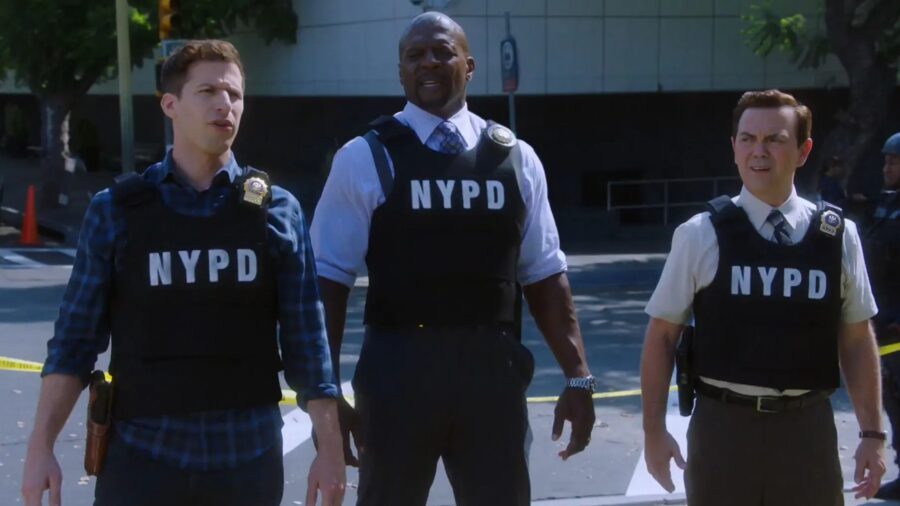
Starring Andy Samberg, Terry Crews, and Andre Braugher, Brooklyn-Nine-Nine revived the long-dead cop comedy genre for FOX, which again canceled a show only for another network to scoop it up and keep it a hit. In this case, NBC announced that the show would air for Season 6 on the competing network one day after FOX canceled it. In true 99 fashion, the series holds a record for the shortest time from cancelation to being saved by another network, at under 24 hours.
The pick-up was well deserved, as Brooklyn-Nine-Nine is one of the best comedies of the last decade, featuring recurring bits and characters that, unlike, say, The Big Bang Theory, develop over the course of the series. Finally canceled for good in 2001, the sitcom is still in heavy rotation on Peacock, NBC’s streaming service, having earned the right to go out on its own terms in a way that the creator and cast thought honored the characters.












